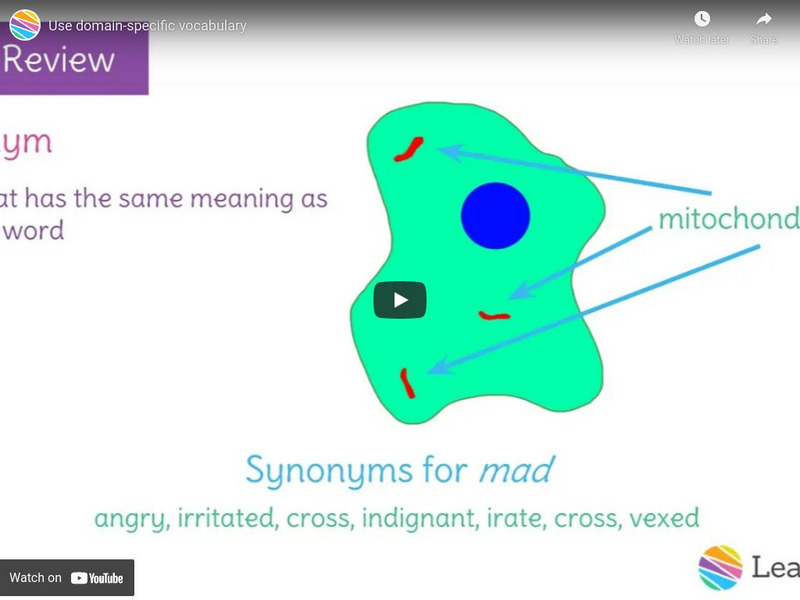Hi, what do you want to do?
TED-Ed
How Do the Lungs Work?
With the thousands of tasks our brain consciously performs on a daily basis, it's amazing that breathing isn't one of them. Learn how human bodies are able to automatically control the exchange of gas that keeps us alive...
TED-Ed
How Does Cancer Spread Through the Body?
Cancer's ability to quickly spread from one organ to the next makes it one of the most fatal diseases in recent history. Watch as this short video takes you on a trip into the microscopic world of cancer cells, exploring the...
TED-Ed
Could a Blind Eye Regenerate?
Whether it's healing a cut or mending a broken bone, the human body is capable of some pretty amazing repair work, but does it have the power to reverse the blindness caused by genetic diseases? Following along as this...
TED-Ed
The Mighty Mathematics of the Lever
Exactly what did Archimedes mean when he said, "Give me a place to stand, and I will move the Earth"? Watch this video and find out as it explains the mathematics behind levers, and explores a few fun hypothetical situations...
TED-Ed
The Evolution of the Human Eye
Vision is arguably the most important of the five senses, but exactly how did we come by this amazing ability? Find out with this engaging video on the 500 million year evolution of the human eye.
TED-Ed
The Benefits of a Good Night's Sleep
It's well known that people should get eight hours of sleep each night, but exactly why is that? Follow along with this short video as it investigates the crucial role sleep plays not only in peoples' physical health, but...
TED-Ed
The 2,400-Year Search for the Atom
From ancient Greek philosophers to early American Quakers, people have sought to understand the composition of matter for millennia. Follow along with this video as it explores the long scientific journey that eventually led to the...
TED-Ed
How Do Scars Form?
Most of us have suffered an injury we'd prefer to forget, but lingering scars just won't let us. Watch this video to find out exactly what happens during the healing process that cuases these changes to skin and organ tissue.
TED-Ed
How a Wound Heals Itself
Did you know that the biggest organ in the human body isn't the brain, the liver, or even the lungs? It's the skin. Follow along with this short video as it explores the structure of human skin and its amazing ability to...
TED-Ed
Could Comets Be the Source of Life on Earth?
For thousands of years people have observed comets as they pass through the solar system, but could there be more to these celestial bodies than meets the eye? Watch this video to learn how these objects have recently been found to...
TED-Ed
Why Elephants Never Forget
They say elephants never forget, but why exactly is that? Find out with this enlightening video as it explains the neuroscience behind the amazing intelligence of these giant mammals.
TED-Ed
Where Do Genes Come From?
No, you didn't get your genes from the local clothing store. Learn where they really come from by watching this video as it explores how the genes found in all plants and animals today have arisen over...
PBS
Pbs Learning Media: Academic Vocabulary in the Common Core: An Introduction
This series of video segments explains the importance of academic vocabulary in the common core curriculum. The video segments included highlight the three tiers of vocabulary [1:35], the role of vocabulary in the common core curriculum...
Imagine Learning Classroom
Learnzillion: Use Domain Specific Vocabulary
In this Learnzillion lesson, students will understand the importance of using domain-specific vocabulary instead of vague word choices in their writing. [5:17]


















